2023
A new perspective paper in Landscape and Urban Planning

A new perspective paper in Landscape and Urban Planning from Adrienne Grêt-Regamey and Nora Fagerholm underscores that digital environments only support transformation towards sustainability if they consider the dynamic interplay between the social, ecological, and technical (SETS) systems.
Archetypes of social-ecological-technological systems for managing ecological infrastructure

Explore our latest research on a case study focused on the application of ecological infrastructure in response to contemporary environmental concerns. The analysis of the canton of Geneva, Switzerland, has yielded spatially explicit archetypes of social-ecological-technological systems (SETS) to guide sustainable management amidst urbanization and biodiversity challenges.
How previous experiences shape actors’ current perspectives in integrated natural resource management
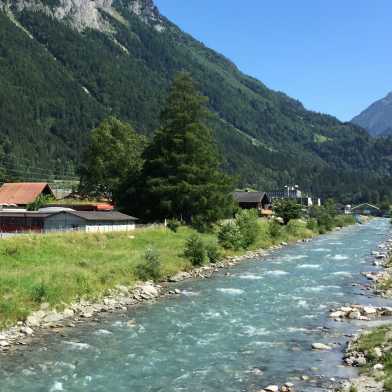
Raphael Gaus and co-authors have published a new paper in People and Nature about how previous experience in natural resource planning shape participants’perspectives? Diverse participation in natural resource planning has become standard.
"We must have the courage to question our own values"
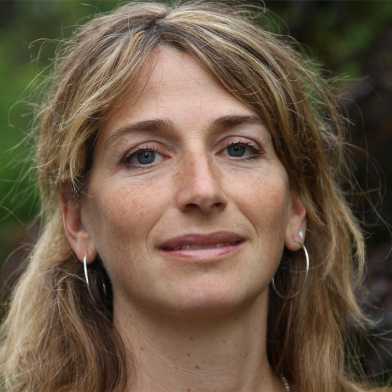
This year's Dandelion Entrepreneurship Award goes to Adrienne Grêt-Regamey, Professor of Landscape and Urban Systems Planning. The award recognises professors for their outstanding commitment to promoting entrepreneurship at ETH Zurich and beyond. In this short interview, Professor Grêt-Regamey talks about the role of entrepreneurship in her teaching and research.
Engaging with places to counteract urban homogeneity
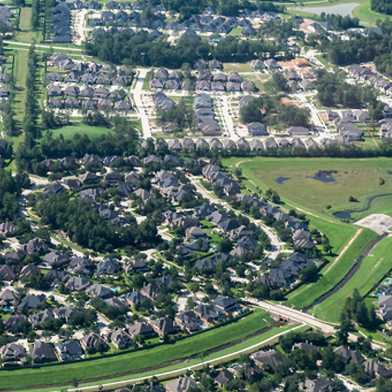
With globalisation comes homogeneous urban areas – a homogeneity that researchers say has a direct impact on our ability to engage with places.
In the LVML diving virtually into the Gotthard massif, playing a Serious Game
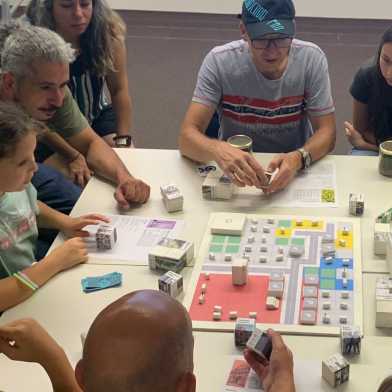
At the Scientifica 2023, current projects were shown to the interested public in the "Large-scale Virtualization and Modelling Lab - LVML". The offer attracted young and old alike and triggered stimulating discussions.
Validating Farmland Biodiversity Life Cycle Assessment at the Landscape Scale
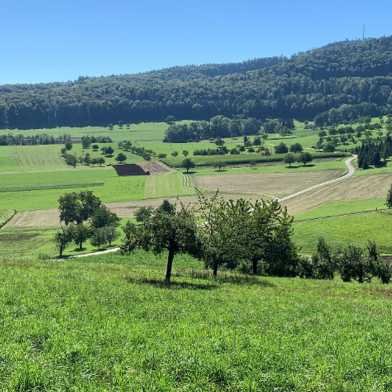
A new study of Noëlle Klein evaluates the Swiss Agricultural Life Cycle Assessment for biodiversity SALCA-BD, which is used to compare the impact of different agricultural management options on different species groups.
Aligning social networks and co-designed visions can foster systemic innovation in the Alps. A new paper from the PLUS MountainPathways project just got published in the journal Regional Environmental Change (REC).
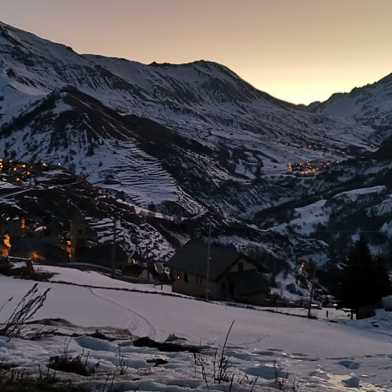
By combining social network analysis and visioning, we identify innovation capacities in two case studies in the Alps. On the one hand, the Visp mountain region shows better preparedness for general innovation given collaboration network characteristics such as a better defined small world topology, better capacity for coordination, and better quality of collaboration relationships.
How might different futures of human-nature relations unfold in Switzerland?
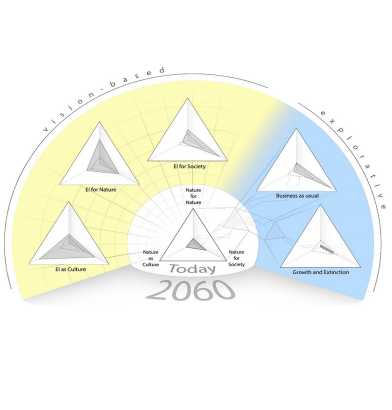
To plan and effectively manage a functioning ecological infrastructure (EI) that supports biodiversity and provides nature's contributions to people, it is necessary to understand the biophysical and socioeconomic influences on its development. We published a new article on developing scenarios for EI development pathways until 2060 that account for different value perspectives on nature.
Place-making: people, procedures, places for urban transformations under increasing homogenisation of neighbourhoods and alienation of people
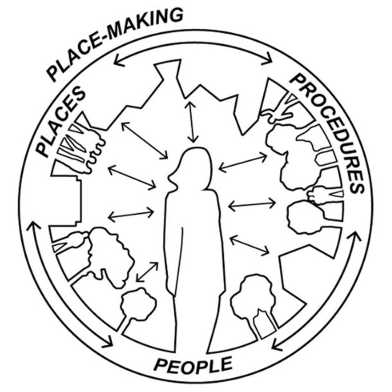
Our newly published research article delves into the concept of place-making, examining how meaningful places emerge from interactions between people and their environments. Using latent variable modelling, we provide a pioneering approach to describe and measure place-making based on a large and representative sample (N=7’035).
PLUS writing week in Austria
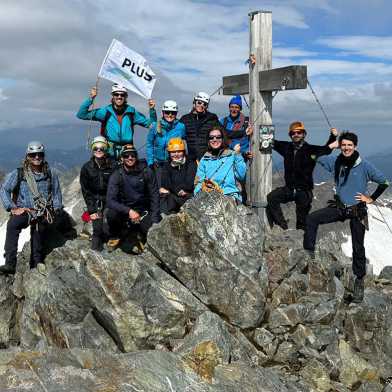
An yearly event on the PLUS agenda is the writing week in which PLUS members spend a week in the mountains to work on articles, proposals or presentations. For this year’s writing week we went accros the border to the Montafon region in Austria. Next to the writing work, we had enough time for team building and enjoying the beautiful landscape. The week is traditionally closed with a mountaineering trip to one of the alpine peaks in the surrounding.
Immersive serious games modify public participation in urban planning
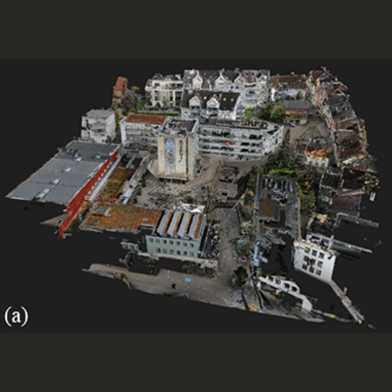
Our research explored the impact of immersive serious games on public participation in urban planning. Through a case study, we compared discussions during an analog board game to those during an immersive 3D computer game. Results showed that immersive visualizations sparked discussions on aesthetics and emotions, while diversifying argumentation patterns.
Two new doctoral students for two new EU projects

Franziska Walther is a doctoral researcher working on ecosystem services in mountain areas. Milan Loreti is originally from Luxembourg and has completed his BSc studies in Ecology at the University of Vienna and his MSc studies in Industrial Ecology at TU Delft & Leiden University.
How can we look at coexistence in landscapes from the perspective of people and wildlife?
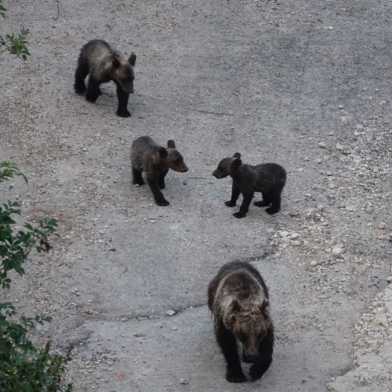
Coexistence with wildlife is becoming a key challenge in Europe as populations of large carnivores recover in human-dominated landscapes. We published a new article on modeling coexistence between humans and the endangered Apennine brown bears in Italy. The participatory modeling approach integrates both human-centered and bear-centered perspectives on the landscape and may help inform conservation decisions.
The importance of land use on different scales for birds in agricultural areas
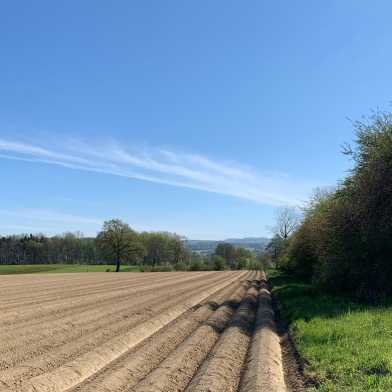
A new paper of Noëlle Klein et al. compares the importance of field-level land use compared to landscape-level land use and the influence of directly surrounding land use for birds in agricultural landscapes.
Where should wind turbines be constructed in Switzerland?
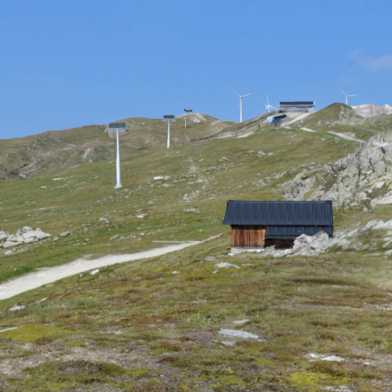
A study by researchers at ETH Zurich shows for the first time how a relaxation of Swiss spatial planning policy would affect the locations of wind turbines. If the aim is to have as few wind turbines as possible in the Alps and in Switzerland in general, it would be worth considering using windy agricultural areas on the western Swiss Plateau.
What drives deforestation in Switzerland?
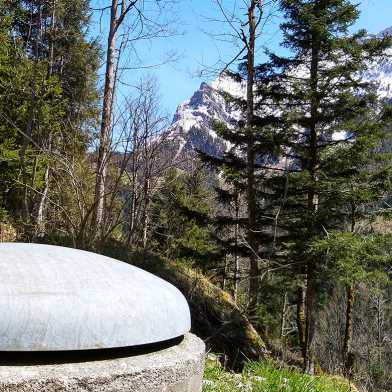
Deforestation is prohibited in Switzerland, as in most European countries. Nevertheless, exemptions from the ban on forest clearing may be granted, mostly for infrastructure purposes (e.g. related to transportation, energy, water construction/supply, quarry sites, etc.). However, surprisingly little is known about the drivers of deforestation outside of the tropics and developing countries, where agriculture may not be the main driver.
How much do farmers depend on cash crop income?
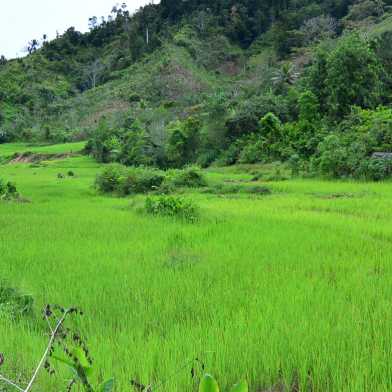
A new publication in the Journal of Land Use Science highlights the dependency of four villages in northeastern Madagascar on cash crop income.
Planning resilient and sustainable cities benefits from well-planned dialogue between science and design
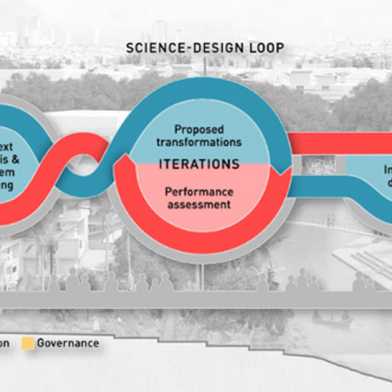
A new study proposes a roadmap to support improved dialogue between designers and scientists, and thus in the end, high quality designs. Authors built on case study in five countries (China, US, Switzerland, Indonesia and Singapore) to build their proposal.
4 new collaborators starting at PLUS
